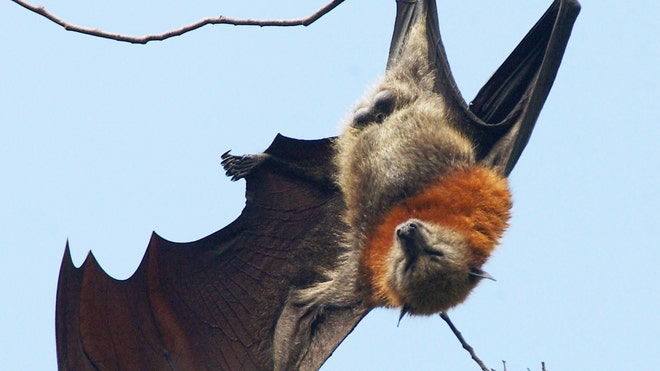 Mammals may harbor more than 320,000 undiscovered viruses, all with the potential to affect humans, BBC News reported.
Mammals may harbor more than 320,000 undiscovered viruses, all with the potential to affect humans, BBC News reported.
In a study published in the journal mBio, researchers analyzed 1,897 samples collected from flying fox bats. Already known to be carriers of the deadly Nipah virus, 60 additional viruses were discovered within the bats, many of which had never been seen before in humans.
After extrapolating this figure, researchers estimated that at least 320,000 undiscovered viruses likely exist in other mammals, according to BBC News.
Researchers suggest that identifying these viruses, especially those with the potential to spread easily to humans, could help prevent future pandemics. It’s estimated that nearly 70 percent of viruses that infect humans originate in animals – including HIV, Ebola and the deadly new MERS virus.
“What we’re really talking about is defining the full range of diversity of viruses within mammals, and our intent is that as we get more information, we will be able to understand the principles that underlie determinants of risks,” professor Ian Lipkin, director of the Center for Infection and Immunity at the University of Columbia, told BBC News.
Though identifying these diseases in mammals would be costly and time-consuming, researchers say it could help them develop a better understanding of which illnesses may pose a threat to human health.
“Despite what looks like an extraordinary expense to pursue this kind of work, it really pales in comparison with what one might learn that could lead to very rapid recognition and intervention that could come to the fore with a pandemic risk,” Lipkin said. “The idea is to develop an early warning system.”
Source: Fox news

